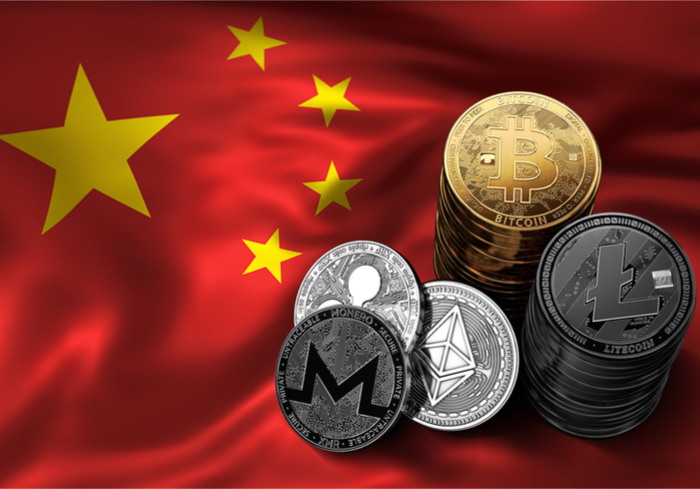How China Is Clamping Down On Crypto Trading With Social Media

The Chinese government has a complicated relationship with cryptocurrency: While it seems to be enthusiastic about the applications of blockchain technology, the country has banned initial coin offerings (ICOs) and blocked crypto trading sites. China’s long-running crackdown on digital currency marches on, with multiple news outlets reporting that their WeChat accounts had been frozen for spreading crypto reports.
News came this week that Jinse, an information service that is backed by Node Capital, was among the accounts impacted in the freeze. Instead of articles, the outlet’s WeChat page reportedly displays a message that explains “due to users’ complaints and after the platform’s examinations, the account is found to violate ‘Temporary Regulations on the Development and Management of Public Information Services for Instant Messaging Tools’ and all contents have been banned.”
Why WeChat? The platform is one of the leading messenger platforms in China, with more than a billion user accounts worldwide. (The Tencent-owned site is also used for in-store purchases and payments, in addition to news.) In all, local media outlet Lanjinger has found that at least eight “legitimate” publications, according to The Next Web, have been impacted by the crackdown.
Beyond clamping down on access to cryptocurrency news, China blocked WeChat accounts belonging to overseas cryptocurrency exchanges earlier this year. That move comes as operators of crypto trading platforms have fled China for other places, such as Hong Kong. Even so, those overseas sites offer support for Chinese language users and “accept deposits from mainlanders if they can get to them,” according to Bitcoin.com. The move to block the WeChat accounts, in essence, was meant to deter people in China from trading in cryptocurrencies on sites located off the mainland.
In the same vein, news also came this week that China is seeking to crack down on 124 cryptocurrency exchanges operating overseas whose services are available to Chinese users. To that end, the government plans to block access to those sites and implement real-time monitoring. China’s National Fintech Risk Rectification Office sees the moves as “targeted clean-up measures to maintain financial order and social stability,” according to reports.
The news, however, comes against an interesting backdrop: While China is seeking to stifle crypto trading, the country seems to be enthusiastic about the blockchain technology that underpins digital currencies. President Xi Jinping said earlier this year that blockchain technology will enable “breakthrough” applications, and the country’s Jiangsu province is rolling out a $1.5 billion fund focused on the blockchain. These moves, combined with the recent crypto crackdowns, continue to show that China’s relationship with crypto is, simply said, very complicated.